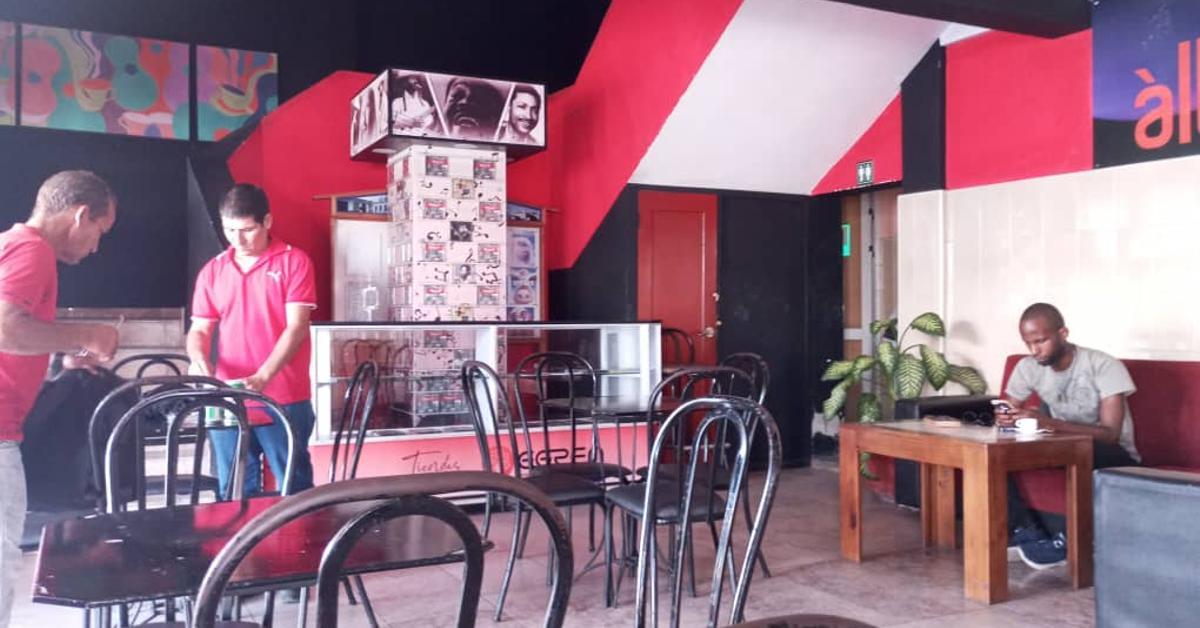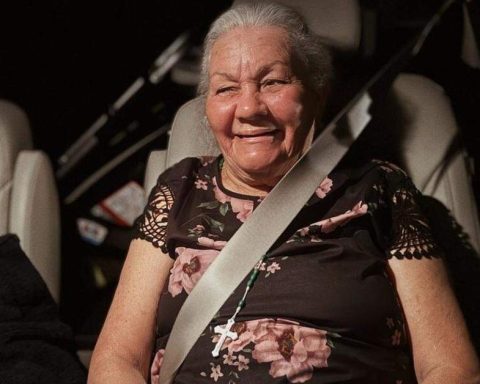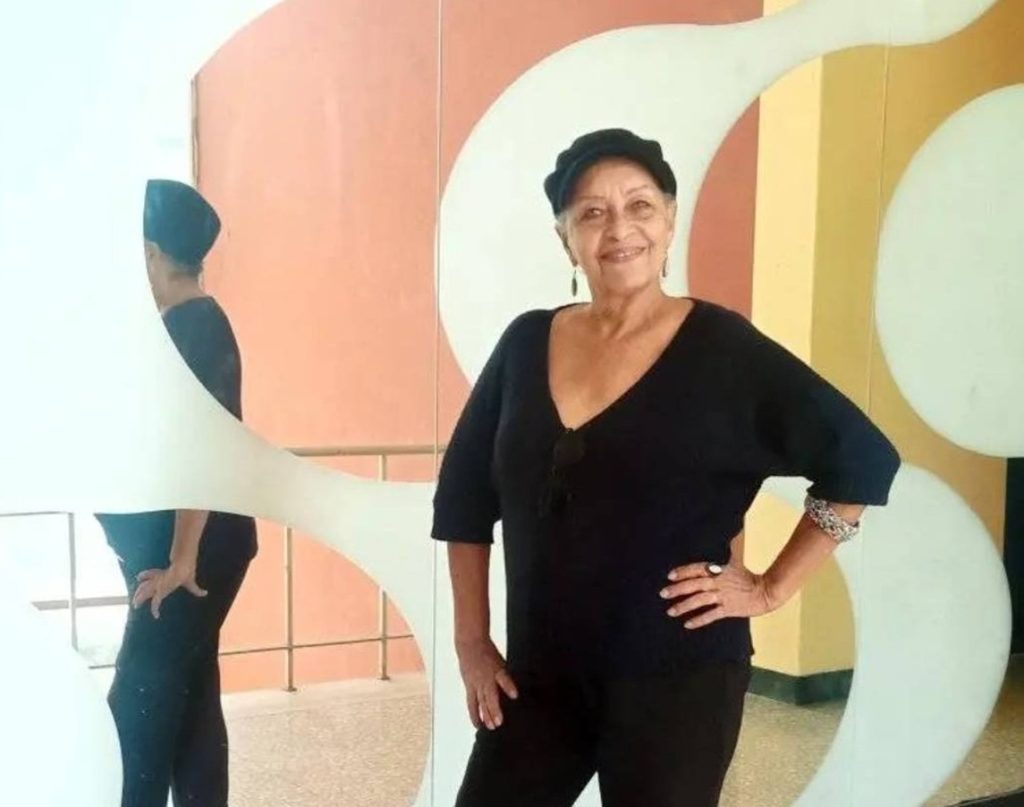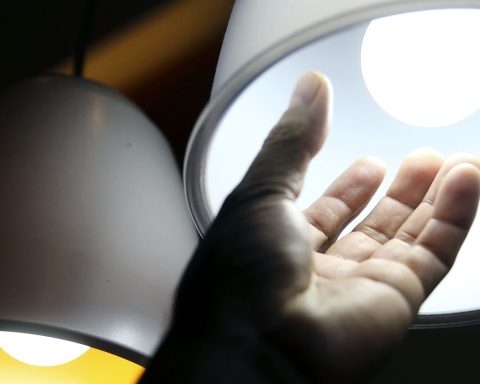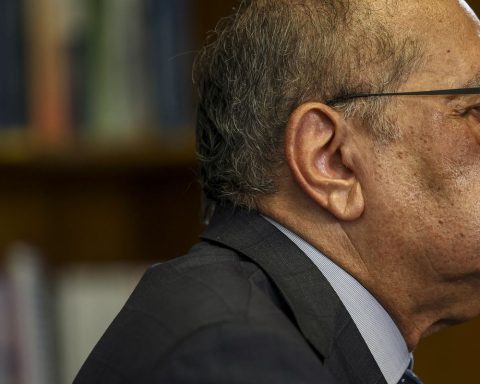Cienfuegos/Laughs, dances and a row permanently at the door waiting to enter were part of the many music houses that extended throughout Cuba with the opening to tourism in the 90s. Of that splendor, today, there are only silence and empty rooms .
Located in front of El Prado, right at the corner of 54th Street, the Cienfuegos Music House, for not having, does not even have a sign that identifies it. But Mauricio, a 42 -year -old Habanero who frequently visits the city, knows the place well, of mamey color, and there he headed on Saturday to inquire about the billboard and check the beverage letter, in the broad past and with numerous cocktail combinations.
Once inside, the first view predicts what is coming. Although it is weekend, most of the chairs, which have been losing the layers of paint, remain practically empty. The bar has a broken rum sticker Havana Club and employees, without uniform that distinguishes them as waiters, load with an expression between tired and boring. The fall of customers directly affects your pockets.
The atmosphere in the Cienfueguero center, in short, reminds a funeral home than a dance store. “When you get to this type of place, the first thing you are looking for is a billboard to inform yourself about the activities that are provided. However, the only available information has been given to me by the barbarier of the bar,” says Mauricio.
Only on Sundays a matiné is being made, from 9:00 in the morning to 1:00 in the afternoon, “with recorded music,” he says to this newspaper. “But as the waiter told me, not even that day is sure that They open, because it depends on having current to work. “The darkness and lack of air conditioning, when electricity is missing, cancel all show.
Prices are another blow to those who arrive. A bulk rum drink, without ice, costs in the house of music 200 pesos
Prices are another blow to those who arrive. A bulk rum drink, without ice, costs 200 pesos in the Music. The cheapest bottle, from Havana Club, leaves in 1,400 and beer, imported because the national shines for its absence, does not fall from 300. In addition, the employee clarifies that “it is hot” because they have broken the cooling equipment for a Good weather. The blender to prepare more complex drinks is also damaged.
Although the poster after the bar ensures that the place is pure “Cuban rhythm and flavor”, nowhere in the installation there are records, posters or other products linked to the wide national music production. The Musical Editions and Editions Company (EGREM) is the one that must provide the premises of these goods and many others, but the crisis that carcome has all state entities has hit it especially.
“We have fallen into a vicious circle,” acknowledges an administrative employee of the EGREM. “Our coffers are mainly nourished by the presentations that musicians make, we charge a part of the proceeds and they receive their check for what corresponds to them, so less show less income for all.” The descent in the number of concerts, the official blames it for several problems.
“Many of the leading musicians, those salsa or reggaeton who move crowds, have left the country.” To this adds that “the dancer tourism, which in Cuba is fundamentally the one that arrives from Europe or Canada but also the Cuban American when it comes to visit, has also decreased a lot.” Towards the private sector, restaurants with small scenarios for concerts, clubs or private parties many artists have also been.
/ 14ymedio
“The Egrem pays badly and has many delays, sometimes a musician shows up in a state place and comes to collect that money six months or a year later, there is no one who lives,” recognizes the manager. “What we are seeing in the houses of music is nothing compared to the paralysis that are going through other places that traditionally collect less or are free such as the houses of culture and community centers.”
The decline of state institutions on the island, in general, has been producing slowly but inexorably for years. The Covid-19 Pandemia in 2020, specifically, was a watershed, because all the actions were paralyzed. In May of that year, the authorities implemented several resolutions to provide aid to artists in an extraordinary way, but soon there were Payment problems.
The resumption of activities with the lifting of sanitary measures It was not enough either. To the houses of music, strongly linked to tourism, the same thing happened to this one: They have not raised heads since then. The corruption of state companies in the cultural sector Together with the shortage and perpetual crisis, they complete a very different picture from what was once.
“Before working in such a place was a guarantee of being rich,” he tells 14ymedio Bernardo, former worker at the Galiano Street Music House in Havana. “The amount of mojitos, Cuba Libre and Daiquirí who dispatched anyone imagined, a part was done with the rum and supplies of the state, but the other was with the merchandise that we had.”
Bernardo estimates that for every five drinks that were served, three were prepared with the inputs that the employees carried
Bernardo estimates that for every five drinks that were served, three were prepared with the inputs that the employees carried and the resulting money was directly to their pockets. “There were nights that I left with more than $ 200 because it was the time of the first dollarization and those that we worked there defended those positions with nails and teeth.” In the five years he worked at the premises, which raised the waiter built a two -story house in the viper, acquired a convertible car and financed innumerable luxuries and comforts for his family.
“But the business fell, it began not to be so good and in recent years it is no longer worth working in those places because few customers arrive, the payment is made in pesos and the conditions are not good,” he adds. “If the Music House of Galiano Street and Miramar’s are in a fallen layer, what will be left for other provinces, those are buried.”
Every day, the Cienfuegos Music House closes before three in the afternoon, just when the day gives way to the hours in which work activities are concluded and demand for recreational spaces grows. Mauricio clings to a last possibility not to decree that he made the way for pleasure to the large premises of El Prado Cienfueguero. “I want a coffee, please,” he can tell the waiter. The worker brings a cup with a cold and dark liquid. “I threw the little sugar left because we don’t have more,” warns the man.
The Havana ribs a sip, feels the taste of roasted pea, and in the silence of the room Tarara some music, one of those songs that a few years ago were heard there with a live orchestra surrounded by frantic dancers.
